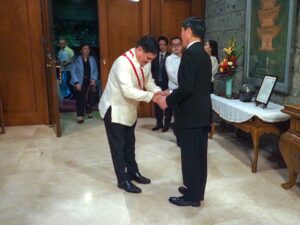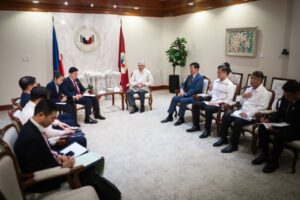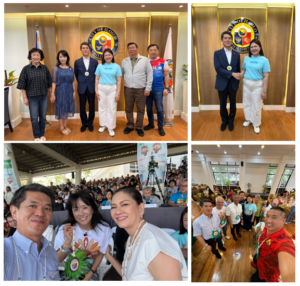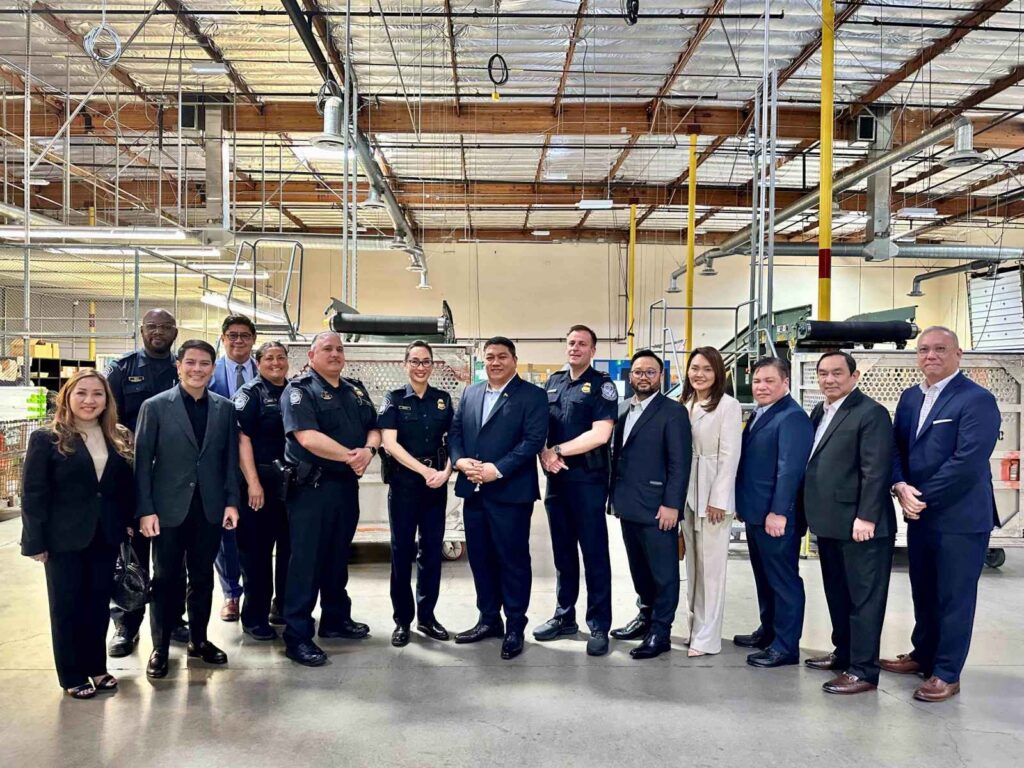
[Philippine customs officials pose with Customs and Border Protection (CBP) officers from the Los Angeles International Airport and International Mail Facility (IMF)]
The United States Department of State’s Export Control and Related Border Security (EXBS) program and the U.S. Customs and Border Protection (CBP) hosted an exchange visit last month in Los Angeles, California, for the Philippine Bureau of Customs (BOC) to discuss and share best practices on port security and operations.
Led by BOC Commissioner Bienvenido Y. Rubio, the Philippine delegation visited various CBP ports and facilities in Los Angeles, including the Long Beach Seaport, Los Angeles International Airport (LAX), U.S. Coast Guard Marine Base, and the Air and Marine Operations Center in Riverside.
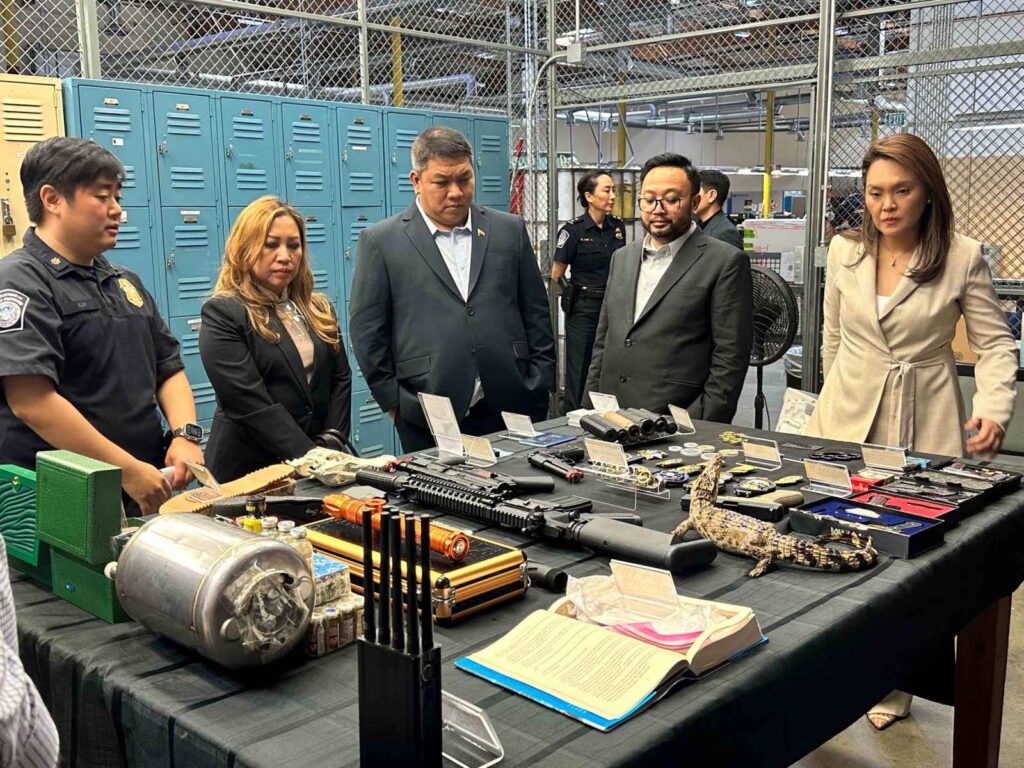
Other BOC officials who joined the visit include Deputy Commissioner for the Assessment Group Vener Baquiran, and District Collectors from the Ninoy Aquino International Airport, Manila International Container Port, and the ports of Clark, Manila, and Cebu.
“The best practices we have observed and the discussions we had with our U.S. counterparts will help us when the BOC formulates new policies and improves operational guidelines when we go back to the Philippines,” BOC Commissioner Rubio said.
One of the key topics of the exchange visit was helping the Philippines improve its currency smuggling detection and contraband interdiction. BOC officials also had the opportunity to exchange information on enforcement and investigation with special agents from the LAX-based Homeland Security Investigations office.
Assigned at the U.S. Embassy in Manila, Regional EXBS Advisor Ransom Avilla said, “Our Philippine visitors benefited from the expertise of CBP officers in airport currency smuggling detection and enforcement, which was all arranged under the EXBS program. In the future, we are planning to bring CBP experts to the Philippines to assist the BOC in identifying travelers with undeclared currency entering and exiting the country.
The EXBS program, under the Export Control Cooperation Office of the U.S. State Department’s Bureau of International Security and Nonproliferation, provides several training workshops for partner countries like the Philippines that feature CBP experts and investigators from the Homeland Security Investigations office. The security exchange program includes training in international air cargo interdiction, seaport interdiction, and counter proliferation investigation.
Through the EXBS program, the United States continues to support the Philippine government in improving its border security capabilities, strengthening its strategic trade management system, and preventing the proliferation of weapons of mass destruction.
